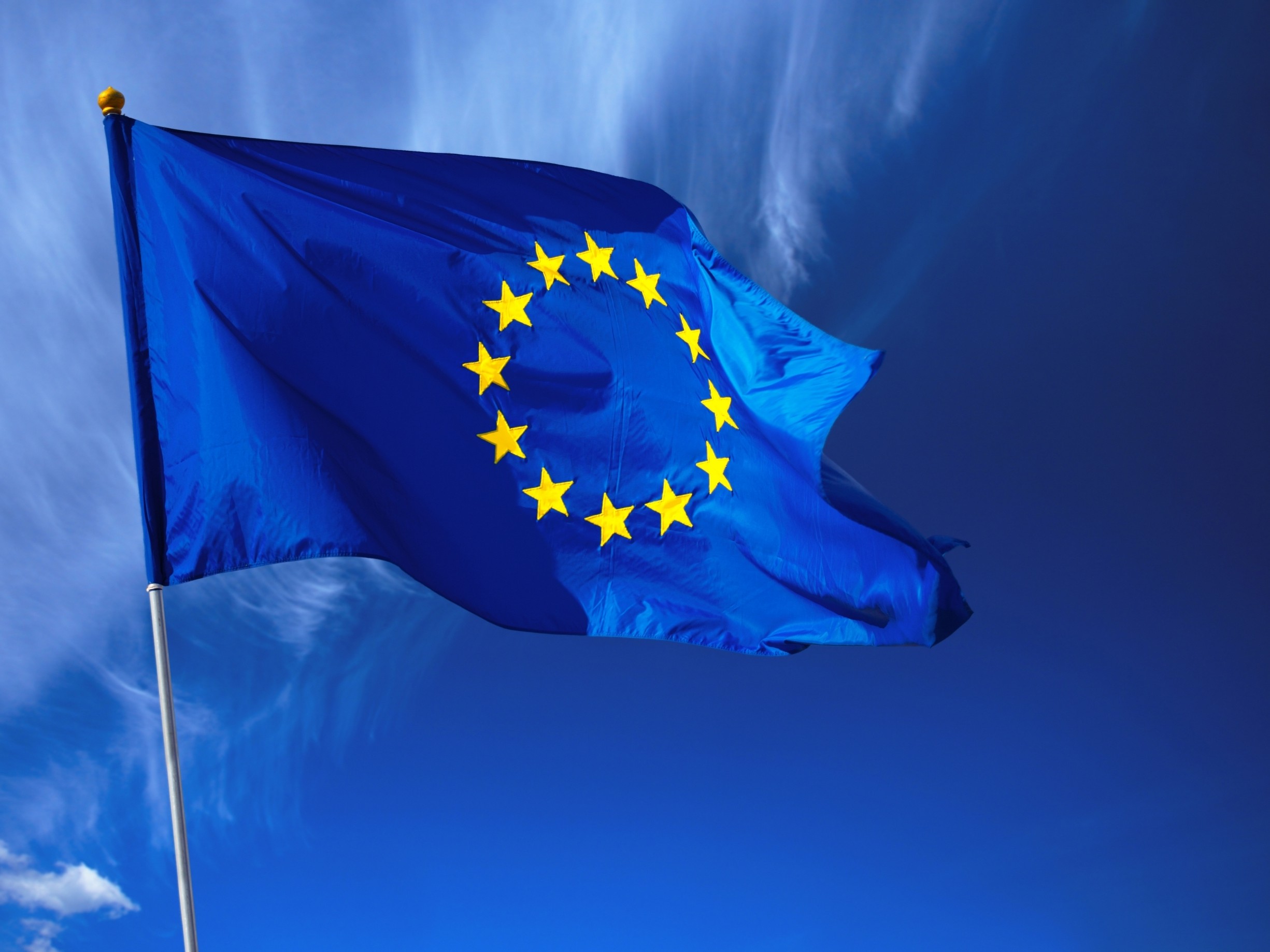)
PAS 2060
)
PAS 2060 représente la première norme internationale reconnue pour démontrer la neutralité carbone, développée par le British Standards Institution en 2010. Cette spécification révolutionnaire a établi un cadre complet permettant aux organisations du monde entier de formuler des revendications crédibles de carboneutralité grâce à des processus systématiques de mesure, réduction, compensation et vérification. En tant que seule norme internationale reconnue pour la neutralité carbone jusqu’à son retrait prévu le 30 novembre 2025, PAS 2060 a guidé des milliers d’organisations dans le monde pour atteindre de réelles améliorations environnementales. Cependant, la transition imminente vers ISO 14068-1 introduit des exigences renforcées que les organisations doivent comprendre et anticiper. Ce guide fournit des informations essentielles sur le cadre PAS 2060, les exigences de mise en œuvre et la transition critique à venir, aidant les organisations à naviguer efficacement dans leur parcours vers la neutralité carbone tout en conservant leur crédibilité dans un contexte environnemental de plus en plus scruté.
Comprendre PAS 2060 : La norme de référence pour la neutralité carbone
Qu’est-ce que PAS 2060 et quel est son objectif principal ?
PAS 2060, officiellement connue sous le nom de Publicly Available Specification 2060, est la norme pionnière répondant au vide méthodologique critique dans la démonstration de la neutralité carbone. Développée par des experts du British Standards Institution en collaboration avec des organisations leaders telles que The Carbon Trust, Marks and Spencer, et le Department of Energy and Climate Change, cette spécification fournit des cadres transparents pour des revendications crédibles de neutralité carbone.
La norme définit la neutralité carbone comme l’absence d’augmentation nette des émissions mondiales de gaz à effet de serre grâce à des activités spécifiques sur des périodes définies. Cette définition couvre un périmètre complet, s’appliquant aux organisations, produits et services, bâtiments, événements et communautés entières. La polyvalence de la spécification permet une mise en œuvre dans divers secteurs, des multinationales aux petites entreprises, démontrant ainsi son applicabilité universelle.
L’objectif central de PAS 2060 est d’éliminer le greenwashing tout en promouvant de réelles améliorations environnementales. En établissant des exigences rigoureuses de mesure, réduction et vérification, la norme assure que les organisations ne peuvent pas simplement acheter des compensations sans démontrer de réelles réductions d’émissions. Cette approche a fait de PAS 2060 la norme reconnue mondialement, offrant aux parties prenantes la confiance nécessaire dans les revendications de neutralité carbone tout en favorisant un véritable progrès environnemental dans tous les secteurs.
Reconnaissance internationale et adoption sur le marché
Depuis son introduction, PAS 2060 a connu une reconnaissance internationale sans précédent, devenant la référence mondiale pour la démonstration de la neutralité carbone. Les principaux organismes de certification à l’échelle mondiale reconnaissent la norme, permettant aux organisations d’obtenir une vérification crédible par des tiers de leur statut carboneutre. Cette reconnaissance s’étend aux cadres réglementaires, les gouvernements et organismes internationaux référant PAS 2060 dans les politiques climatiques et exigences de passation de marchés.
L’adoption sur le marché couvre divers secteurs, notamment la technologie, l’industrie manufacturière, les services financiers et l’administration publique. Les organisations pionnières ont mis en œuvre avec succès la norme, démontrant sa faisabilité pratique tout en renforçant la confiance des parties prenantes. La norme a permis aux organisations de se différencier sur le plan concurrentiel tout en contribuant de manière significative aux objectifs climatiques mondiaux.
Cependant, cette adoption généralisée a également révélé des limites, en particulier concernant une dépendance excessive aux mécanismes de compensation. Ces défis ont conduit au développement de ISO 14068-1, qui répond à ces préoccupations tout en s’appuyant sur les contributions fondamentales de PAS 2060 à la normalisation de la neutralité carbone.
Le cadre PAS 2060 en quatre étapes et exigences de mise en œuvre
Mesure et quantification des émissions
La phase de mesure constitue la base de la conformité à PAS 2060, nécessitant une quantification complète des émissions de gaz à effet de serre sur toutes les sources pertinentes. Les organisations doivent inclure 100 % des émissions Scope 1 et Scope 2, ainsi que toutes les émissions Scope 3 représentant plus de 1 % de l’empreinte carbone totale. Cette approche complète garantit une compréhension totale de l’impact climatique de l’organisation.
La quantification des émissions de gaz à effet de serre doit suivre des méthodologies internationalement reconnues, généralement le GHG Protocol Corporate Standard ou ISO 14064-1. Ces cadres fournissent des approches standardisées pour la collecte de données, l’application des facteurs d’émission et l’évaluation de l’incertitude. Les organisations doivent documenter leur méthodologie d’empreinte carbone, leurs sources de données et leurs hypothèses pour soutenir les processus de vérification.
Le processus de mesure implique une collecte systématique des données à travers les frontières opérationnelles, l’application de facteurs d’émission appropriés, et le calcul des émissions totales de gaz à effet de serre en équivalent CO2. Cette évaluation constitue la base pour la planification des réductions et des compensations, garantissant que les organisations comprennent leur impact environnemental complet avant de formuler des revendications de neutralité.
Stratégies de réduction et plan de gestion carbone
PAS 2060 exige le développement de plans de gestion carbone complets, démontrant un engagement réel à réduire les émissions de carbone dans le temps. Ces plans doivent inclure des objectifs spécifiques et mesurables avec des échéances réalistes, des stratégies de mise en œuvre détaillées et des engagements publics pour atteindre la neutralité carbone. Le plan de gestion carbone sert à la fois de feuille de route interne et de mécanisme de responsabilité externe.
Les stratégies de réduction incluent généralement l’amélioration de l’efficacité énergétique, l’adoption d’énergies renouvelables, des solutions de transport durable et l’optimisation de la chaîne d’approvisionnement. Les organisations doivent démontrer un progrès annuel dans la réduction de leur empreinte carbone, que ce soit par des réductions absolues ou par des améliorations de l’intensité des émissions. Cette exigence empêche une dépendance exclusive aux compensations tout en maintenant les émissions opérationnelles.
Le plan de gestion doit préciser comment les organisations réduiront leurs émissions par des changements opérationnels, l’adoption de technologies et des modifications comportementales. La gestion énergétique constitue souvent le focus principal, avec la mise en œuvre de mesures d’efficacité des bâtiments, l’approvisionnement en énergie renouvelable et l’optimisation des équipements pour obtenir des réductions significatives avant l’achat de compensations.
Vérification, documentation et transition vers ISO 14068-1
Options de vérification et exigences documentaires
PAS 2060 offre trois voies de vérification : auto-validation, validation par un autre organisme, et vérification indépendante par un tiers. La vérification indépendante par un tiers offre la crédibilité la plus élevée, réalisée par des organismes accrédités répondant à des exigences strictes d’indépendance. Ce processus implique une évaluation complète des données d’émissions, des mesures de réduction, des achats de compensations et de l’intégralité de la documentation.
La Déclaration explicative qualifiante constitue le document central, contenant des informations détaillées sur la méthodologie, les mesures de réduction, les achats de compensations et les preuves de conformité. Cette déclaration doit être publiquement disponible, signée par la direction et mise à jour annuellement pour démontrer le maintien continu de la neutralité carbone.
Les exigences de vérification garantissent que les organisations peuvent démontrer la réalisation réelle des revendications de neutralité carbone grâce à des preuves solides et une évaluation indépendante. Le processus de vérification examine la précision des données, la pertinence de la méthodologie, la qualité des compensations et l’intégrité de la documentation, offrant aux parties prenantes la confiance dans les revendications environnementales tout en identifiant les domaines d’amélioration continue.
Transition vers ISO 14068-1 et conformité future
La transition de PAS 2060 vers ISO 14068-1 représente un changement fondamental dans les normes de neutralité carbone, PAS 2060 devant être retirée le 30 novembre 2025. La nouvelle norme ISO introduit des exigences renforcées, donnant la priorité à la réduction des émissions plutôt qu’à la compensation, l’alignement sur des objectifs basés sur la science et une couverture complète de la chaîne de valeur.
ISO 14068-1 établit des cadres hiérarchiques exigeant que les organisations réalisent des réductions d’émissions réelles avant d’utiliser des compensations, répondant ainsi aux préoccupations liées à une dépendance excessive aux mécanismes de compensation. La nouvelle norme impose également une reporting complet des émissions Scope 3, la fixation d’objectifs basés sur la science et des protocoles de vérification renforcés, garantissant que les revendications de neutralité carbone contribuent de manière significative aux objectifs climatiques mondiaux.
Les organisations doivent commencer à se préparer à cette transition en évaluant leurs approches actuelles par rapport aux exigences ISO, en ajustant éventuellement leurs stratégies pour privilégier la réduction par rapport à la compensation. Celles ayant atteint la neutralité carbone via PAS 2060 devraient envisager un alignement précoce avec les principes ISO, reconnaissant que les nouvelles normes imposeront des approches plus rigoureuses pour la démonstration du net zéro et de la neutralité carbone.
Bénéfices, applications et démarrage avec PAS 2060
La certification PAS 2060 offre des avantages commerciaux significatifs, notamment une réputation renforcée, la confiance des parties prenantes et une différenciation concurrentielle sur des marchés de plus en plus sensibles à l’environnement. Les organisations peuvent atteindre des améliorations mesurables de la performance environnementale tout en démontrant un engagement réel en faveur du climat grâce à des revendications de neutralité carbone crédibles et vérifiées par des tiers.
Les applications de la norme couvrent divers contextes, des opérations d’entreprise aux produits et services spécifiques, permettant une mise en œuvre flexible selon les structures et objectifs organisationnels. L’intégration dans la gestion environnementale aide les organisations à développer des stratégies de durabilité complètes tout en répondant aux attentes des parties prenantes en matière d’action climatique.
Pour démarrer, il est nécessaire de suivre une approche systématique : définir le périmètre et les limites, réaliser un bilan complet des émissions, développer des stratégies de gestion carbone, mettre en œuvre des mesures de réduction et faire appel à des organismes de vérification. Les organisations cherchant un accompagnement peuvent contacter des consultants expérimentés et des organismes de certification, qui aideront à naviguer dans la complexité de la mise en œuvre tout en garantissant la conformité aux normes évolutives. L’expertise mondiale d’Iceberg Data Lab en matière de données environnementales et de solutions ESG peut aider les organisations à atteindre une neutralité carbone robuste tout en se préparant aux futures exigences réglementaires.
Related Articles
You might be interested in these articles
Get in touch!
Want to know more? Fill out the form or reach us directly via email at contact@icebergdatalab.com.
75009 Paris
EC2Y 9DT London
60327 Frankfurt am Main, Frankfurt
Beverly, MA 01915





)
)
)
)
)









